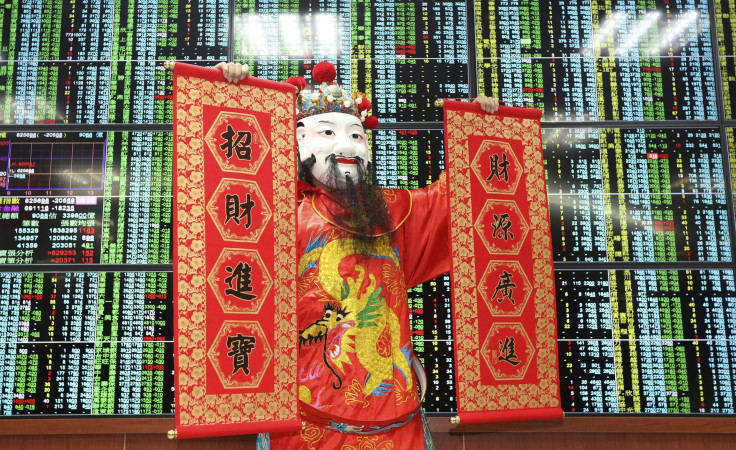This Has Just Become The Worst Beginning Of A New Year For Emerging Markets Since 1988

The year began with a gloomy start for emerging markets in January. According to a Bloomberg report, the MSCI Emerging Markets Index declined 1 percent to 917.74, a five-month low. This marked an overall decline of 8.5 percent for the year.
After the world’s largest manufacturers -- the U.S. and China -- indicated a slowdown, almost $2.9 trillion was erased from equities. The 10 groups comprising the main emerging market stocks fell, as technology shares slipped 1.9 percent. The sell-off of emerging market-related equities is considered the worst such sell-off since the 2008 financial crisis, according to Sergio Ermotti, CEO, UBS AG (NYSE:UBS).
Russia’s stock exchange, the Micex, declined 6.94 percent, and the Ibovespa, Brazil’s index, fell almost 22.18 percent from February last year.
The ruble climbed in value for the first time in the last three days due to OAO Mobile Telesystems’ (MCX:MTSS) plans to increase dividends. Though Brazil’s index rose from a six-month low as Itau Unibaco Holding (NYSE:ITUB) posted better-than-expected earnings, the unexpected drop in industrial production led to a decline in the country’s swap rates. But anxiety began again as the bank limited increases on borrowing costs.
The South African Exchange- FTSE/JSE Africa All Share Index fell for ten days straight, the longest stretch since February 2004. Foreign investors sold about 1.04 billion rand ($93 million) in stocks on Tuesday. The Hong Kong exchange was one of the worst-hit among the other markets, sliding almost 9.21 percent since February 2013. Lenovo Group Ltd. (HKG:0992), the world's largest computer maker, received downgrades from five analysts, leading to a sell-off among technology companies.
China’s Hang Seng stock exchange tumbled almost 10.34 percent since last year due to global economic concerns. The exchange dipped 3.48 percent over the past five days.
“I call China the mystery meat of emerging-market countries," said Bill Gross, founder and managing director of Pacific Investment Management Co,. told Bloomberg TV. "Nobody knows what’s there, and there’s a little bit of bologna, so we’re just going to have to wonder going forward through this year as to the potential problems in China and other emerging markets."
Surprisingly, a few emerging markets are still holding tight. India’s benchmark indicator, the BSE Sensex, has increased 3.08 percent since February last year and is increasingly viewed as a safe bet for investors. Ukraine’s dollar bonds gained amid efforts by Western nations to resolve the existing political crisis with an aid deal. The Turkish lira is viewed as another saving grace as it benefited from Turkey's central bank’s move to cut funding to lenders and raised the average cost of finance for banks to almost 10 percent.
“We probably are closer to a good opportunity to buy some of these things rather to join in the panic,” Jim O’Neill, the former chairman of Goldman Sachs (NYSE:GS) said in a Bloomberg Radio interview. “Some places in the emerging world have got some real problems, but [to describe it] as some kind of emerging-market crisis is frankly kind of ridiculous."
© Copyright IBTimes 2024. All rights reserved.












